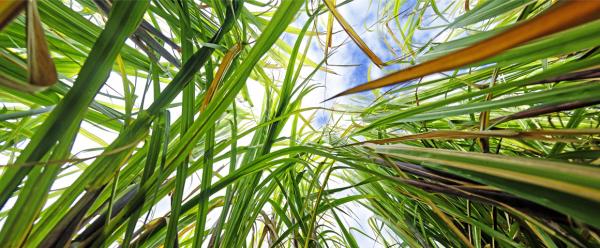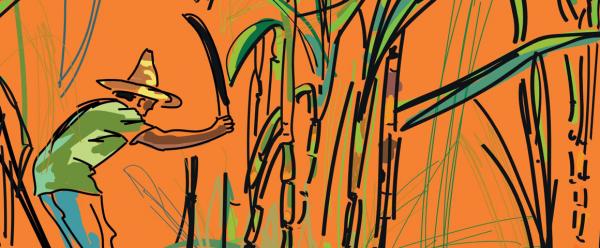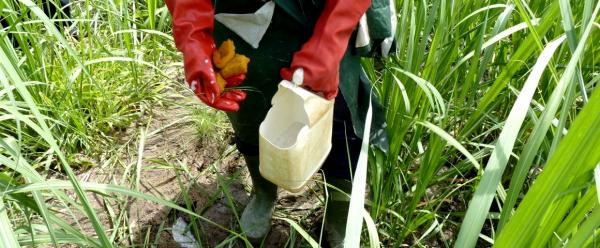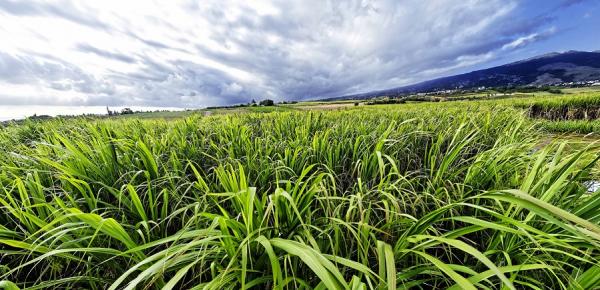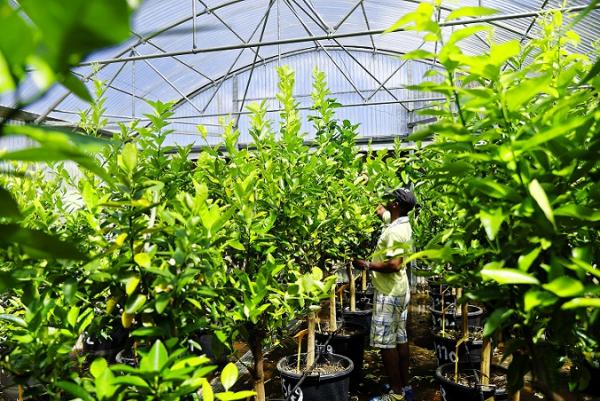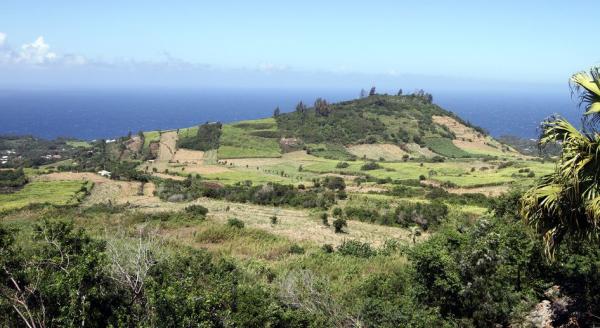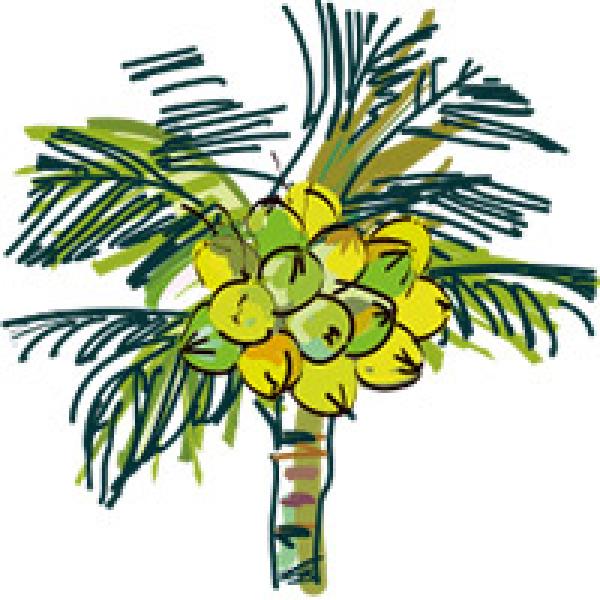Results & impact 27 March 2024
- Home
- Our activities, our impact
- Tropical value chains
- Sugarcane

Sugarcane
Remits
- Optimize cropping systems, to reduce the impact of the supply chain on the environment
- Promote the ecological functions of sugarcane: terroir management, improved landscapes, carbon balance
- Study the possibilities of growing sugarcane in constrained environments
- Produce better, more cleanly, through:
- revised crop management sequences specific to local products, terroirs and social and economic conditions
- integrated pest and weed management by means of an agro-ecological approach
- the dissemination of safe varieties (thanks to the Visacane quarantine facility) and extended epidemiosurveillance
- using sugar industry by-products
- using information gathering and management techniques for decision support systems - Breed mixed varieties to produce both sugar and worthwhile bioproducts.
Appraisals
CIRAD assigns experts to production sites and organizes one-off support, assistance or advisory missions. It also has networks of research laboratories and greenhouses in which it can receive project partners.
- Studies, definition and establishment of trials, varietal and agronomic assessments, economic analyses, statistical analyses, foresight exercises, disease surveys-diagnoses, technical support
- Technical assistance to the main sugar plants and the various institutions linked with the sugarcane supply chain
- Foresight exercises on the sugarcane supply chain, micro- and macro-economic analyses in various contexts
- Environmental assessments of agricultural practices and life cycle assessments (LCAs)
- Laboratory analyses of samples (soil, leaves, roots, etc) and recommendations
- Visacane quarantine service in Montpellier: disease diagnosis and disease eradication
- Decision support using simulation (Mosicas): analysis of potential, production and quality forecasts, production and quality diagnoses, impacts and optimization of cropping systems (irrigation, cutting cycles and dates, varieties, etc), impacts of climate change and adaptation
- Research and development project design and management
- Support of national and international policies on training and information.
Expertise
Targeted genetic improvement
- Varietal identification, pollen fertility characterization
- Collection of varieties from crops in situ (CRBT-Guadeloupe) and by apex cryopreservation
- Relational database on the traits of parents and their progenies
- Varietal creation, breeding and genomics
- Security of varietal exchanges.
Agroecological management
- Integrated management of insects, weeds and diseases
- Design of crop management sequences tailored to new products (eg high-fibre sugarcane for electricity generation)
- Use of service plants to manage fertility and pests and diseases
- Mechanization of production, rural development and environment
- Use of fertilizing residuals (FRs) to totally or partly replace inorganic fertilizers
- Optimized database for trials relating to the field of agro-ecology (ECOFI).
Modelling
- Spatialized management of production, satellite image processing, geographical information systems
- Factory supply management and systems for payments to sugarcane producers (PEMPA decision support tool)
- Mosicas: production and quality simulation tool based on the environment, the variety and various cropping system factors (cycles and ages, irrigation, variety, etc.)
- Forecasting the effects of climate change
- Tool for assessing the economic and environmental cost-effectiveness of an energy sugarcane supply chain (REEFCANE).
Products and services
With Visacane: disease-free sugarcane varieties
Visacane is the CIRAD sugarcane quarantine service. It provides disease-free sugarcane varieties worldwide, for the sugar industry and varietal creation centres. It is located at CIRAD in Montpellier, outside the sugarcane cultivation zone, and is part of a joint research unit on plant pathology.
























